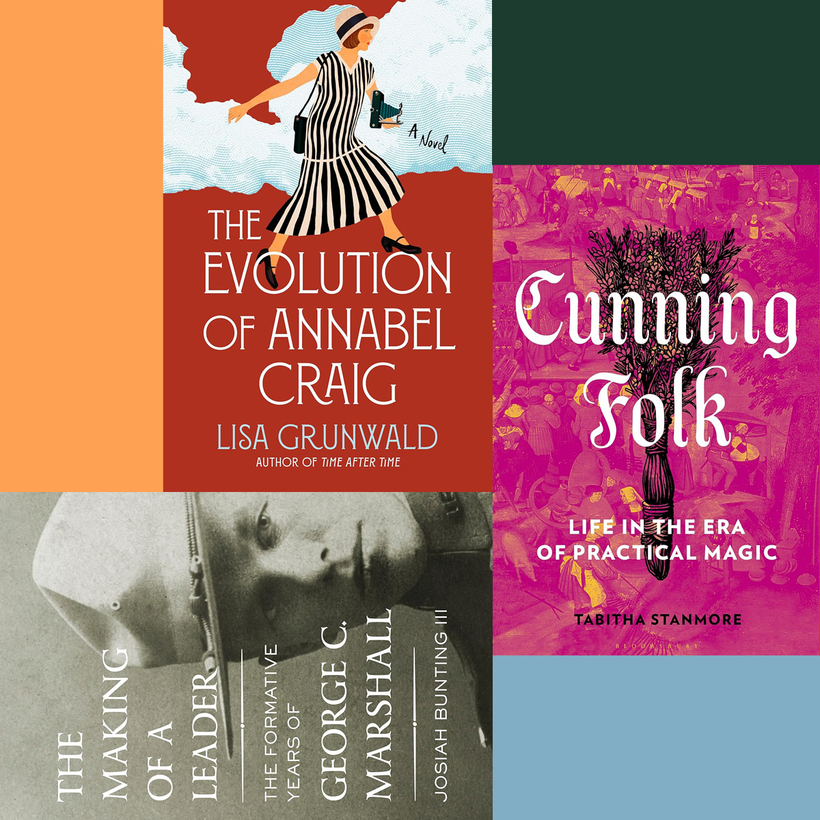As we approach the 100th anniversary of the 1925 Scopes trial, the Tennessee proceedings that debated the teaching of evolution in public schools, what better way to revisit those days (and their continued relevance today) than by reading The Evolution of Annabel Craig? Lisa Grunwald brings to vivid life a trial that pitted evolutionists against fundamentalists by telling the saga through Craig, a churchgoing orphan, and the man she marries, a worldly lawyer who ends up on the team defending John Scopes on the charge of teaching evolution. The heartbreaking deterioration of their union is deftly interwoven with the trial itself and the fiery speeches of Clarence Darrow and William Jennings Bryan, and in the end the reader can only cheer when Craig at last achieves what she had lacked: faith in herself.
Imagine it is 1637, and you have lost some spoons, and you search everywhere but still can’t find them. Well, it is quite possible you would seek out a “cunningne,” a person who specializes in magically recovering lost goods. This is exactly what a woman in London named Mabel Gray did that year, consulting three different wizards (no record on whether the utensils were ever found). As Tabitha Stanmore delightfully recounts, magic played a major role in everyday life from the 1300s to the late 1600s, sometimes conducted by fraudsters but even more often by people who genuinely thought they had supernatural powers. Or perhaps poisonous ointments, to kill rivals, or the ability to read the stars, or just a bag of magic tricks for entertainment. And there were the everyday phenomena: a hare crossing your path meant bad luck; seeing a toad, good luck; and God forbid a dog howled inside a house, since the death of a resident was sure to come. Who could argue with Stanmore’s eloquent plea to treat the belief in magic by our ancestors with compassion rather than disdain? And, anyway, don’t we share their fascination in a magical universe? Otherwise, why would we ever have fallen under the spell of a kid named Harry with a lightning-bolt scar?

